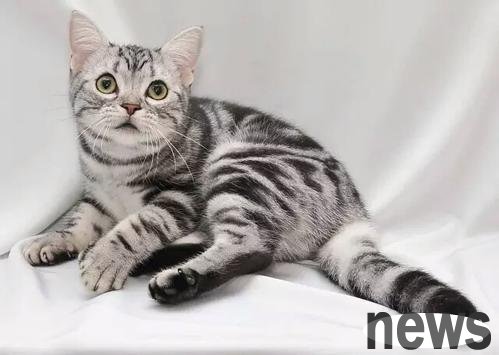Regarding the abnormal excretion of cats indoors, more cat friends have asked recently. In order to save cat friends from the fire and water, we will do an in-depth analysis in this issue. Hope this helps everyone, let’s get straight to the key poin...
Regarding the abnormal excretion of cats indoors, more cat friends have asked recently. In order to save cat friends from the fire and water, we will do an in-depth analysis in this issue. Hope this helps everyone, let’s get straight to the key points!

19% are urination problems
31% are defecation problems
16% are urination + defecation problems
That is: ①Cat owners should be prepared to deal with open defecation. ②You need to distinguish whether a cat is spraying urine or urinating!
Urine spraying and urination
Urine spraying: The environment triggers stress behavior or anxiety behavior. Such as: territorial competition, noise (electronic devices? animals outside the window?), smells (smells brought back by owners, cosmetics), outings (hospital? pet shop?), stranger
urination: disease (any disease, but more often FUS, FLUTD, FIC), litter box location or Material, tactile thickness of cat litter material, anxiety (such as: suddenly not coming home? Change of environment?)
Urine spraying (left) and urination (right)
About anxiety: The mental health of cats is particularly important. It will cause various problems that are difficult to think of, and even doctors will be difficult to detect at first. Different tissues in the brain convey information through neurotransmitters. When the concentration of neurotransmitters changes and the number of nerve receptors changes, it will affect the cat's emotional response. This reaction affects brain tissue and the body's physiological responses. Leading to common stress diarrhea, idiopathic cystitis, and frequent scratching.
①60% of the causes of disordered excretion are caused by diseases. Please give priority to a comprehensive physical examination
② Then identify spraying or urinating behavior
③ About spraying
Sterilization: Sterilization does not guarantee that urine will no longer be sprayed. Be prepared for the next step.
Environment: Remove or reduce stimuli that cause stress or anxiety. For example: isolation of multiple cats, visual isolation first by drawing curtains
Accommodation: Establish a new cat home with the urine spraying area as the center
Behavior: Immediately reward food and establish positive feedback
Medication: Give priority to pheromones, followed by SSRIs. The goal is to change neurological conditions, thereby reducing anxiety and assisting in achieving the above goals.
④About urination
Reduce the attractiveness of the area of random excretion️:
Use an ammonia-free enzymatic cleaner
Allow cats to feed, play, and rest in this area
Cover it with aluminum foil or double-sided tape to disgust them. ️Risk: When feeling disgusted, it may increase anxiety, which can further worsen it.
Increase the attractiveness of the right area️:
Clean the litter box with hot water, do not use pungent disinfectants
Rebuild the connection between the cat and the litter box: Fix it in an area that meets the cat's basic needs, and gradually expand the area.
Large cat litter box, turn the storage box into a toilet (1.5 times to 2 times from the tip of the cat's nose to the base of the tail)
Medication: Same as above
written at the end
Punitive measures may be self-defeating, deepen anxiety, and lead to more uncontrollable factors.
Just like the importance of human childhood,